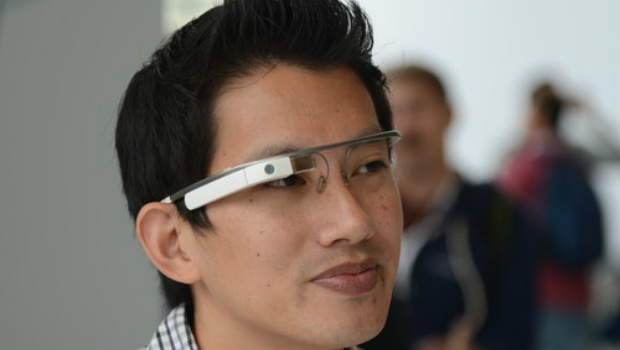Google is looking to push its wearable computer Glass into the enterprise.
With the Glass at Work program, Google is trying to make it easier for companies to begin using the wearable computers for their business.
“In the last year we’ve seen our Explorers use Glass in really inspiring and practical day-to-day ways,” the Google Glass team wrote on its Google+ page. “Something we’ve also noticed and are very excited about is how Explorers are using Glass to drive their businesses forward.”
The Washington Capitals, Washington DC’s hockey team, has already been working with fans who use Glass, Google noted. The Capitals partnered up with APX Labs to create a Glass app that allows the team’s fans to see real-time stats, instant replays and different camera angles.
The hockey team may be a good example of how businesses can take advantage of Glass, or any upcoming wearable, according to Patrick Moorhead, an analyst with Moor Insights & Strategy.
“My contention has always been that wearables are a best fit for vertical applications,” he said. “I think this is good news and I think companies will use this program. It is Glass’ best shot so far at an ecosystem. In these vertical usage models, it’s more about getting the job done versus looking cool to your friends.”
Moorhead also noted that with Google trying to push Glass into the enterprise, it might signal the company’s realisation that building out a horizontal platform will be more difficult than once thought.
“For the near term, with the current design, looking cool is out of the question given the amount of scrutiny that has been given to Glass,” said Moorhead.
After initially saying that Glass would be officially released late last year, Google changed that timeframe and has been saying that the wearable computers will be made available this year.
At this point, more than 8,000 testers have been using Glass prototypes.
Last month, Google took on a list of rumours and “myths” about Glass.
“Myths can be fun, but they can also be confusing or unsettling,” Google’s Glass team wrote in a blog post last month. “And if spoken enough, they can morph into something that resembles fact. In its relatively short existence, Glass has seen some myths develop around it. While we’re flattered by the attention, we thought it might make sense to tackle them, just to clear the air.”
Sharon Gaudin, Computerworld






Subscribers 0
Fans 0
Followers 0
Followers